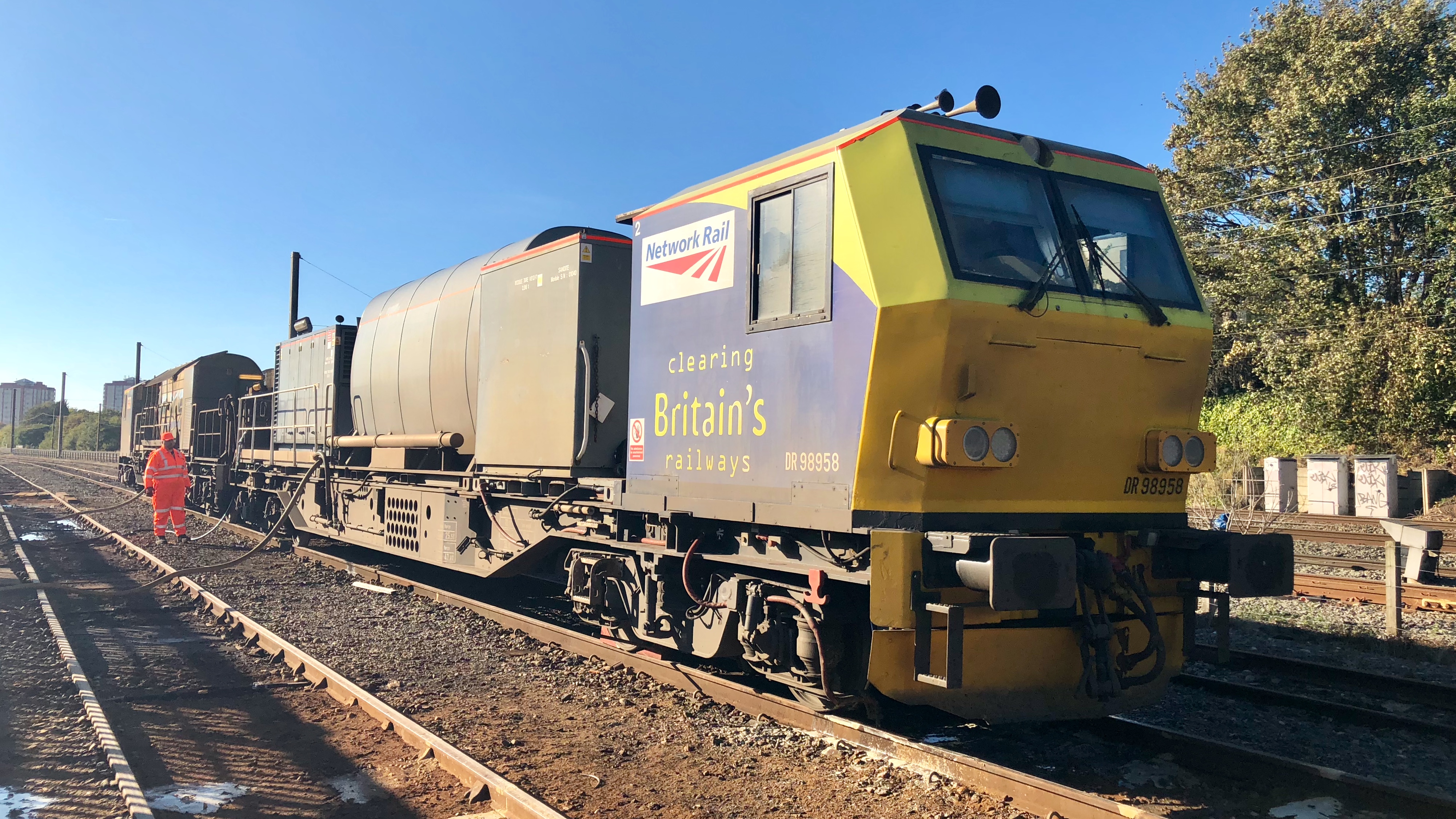ETCS DRACAS
Responsible for reviewing the data collected and analysing trends that will support the delivery of ETCS
ETCS Defect Recording, Analysis and Corrective Action System (DRACAS) and its associated business change activities will support faster return to service times, better proactive maintenance, analysis and identification of root cause issues, and wider industry collaboration via the ETCS DRACAS Committee.

Contribute to the delivery of a safer, better performing, more sustainable and cost-effective railway by creating a means of sharing across-industry lessons learned on resolving issues relating to ETCS.

Help improve ETCS system reliability by identifying failure trends, common faults, and specification issues, providing visibility and effective management of the ETCS system performance, fault data and rectification actions to users.

Will look to automate processes, as far a practical, thereby reducing the time taken to investigate and rectify issues, providing users with information as to how to prevent future faults as well as how to correct them when they do occur.
Moving to a digital railway and the introduction of complex systems such as ETCS delivers a more reliable and safer railway but also potentially introduces an extra layer of complexity for the diagnosis of the root cause of unexpected behaviour, defects and failures of the new digital equipment that has been supplied and fitted by several different suppliers. ETCS DRACAS along with other tools and systems provides the tools and processes needed to trigger investigations, find route causes, and deploy corrective actions.
ETCS DRACAS will look to implement continuous improvement, take into consideration lessons learnt from other DRACAS deployments within the rail industry and consider best practices defined within international and domestic standards


ETCS DRACAS is designed to be scalable to operate at a network-wide level and therefore provide an opportunity to spot issues common to multiple users, that would be missed from examining an individual organisation’s DRACAS / FRACAS, supporting the quicker identification of issues or trends across various suppliers’ equipment or types of rolling stock. This supports improvements to availability, reliability, and performance of the whole railway.


